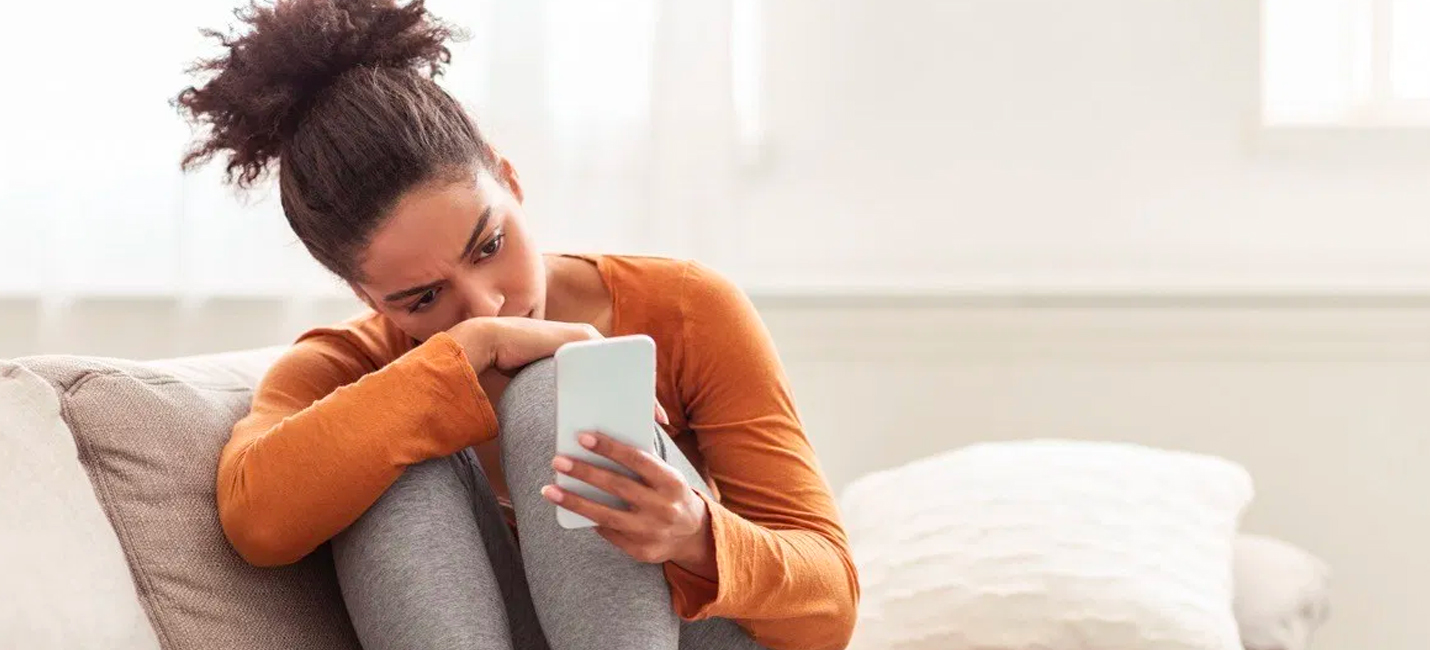
The recent outbreak and rapid spread of COVID-19 has a lot of people self-isolating. While necessary to curb the spread of the disease, self-isolation can lead to people feeling cut off from society, like they’ve lost their routine, or are being forced to take time out from important relationships.
If you’re self-isolating, you’re not alone; thousands of people are taking this important measure. This article will show you ways that you can combat loneliness while following self-isolation rules.
Self-isolation vs. physicaldistancing.
Self-isolation is a precautionary measure that’s meant to benefit society by removing carriers and potential carriers of COVID-19 from the general population in order to protect the safety of the most vulnerable. It means removing yourself from the general population by staying at home for a recommended number of days. You may need assistance with things like grocery shopping and pharmacy runs. Health Canada has up to date guidelines about who should be self-isolating. Please refer to them for more information. check with your local health authority for more information on who should be selfisolating. You might have also heard the term “social distancing” or “physical distancing”. This is when someone tries to avoid contact with other people even though they have not been exposed to COVID-19. Physical distancing means:- staying at home whenever possible
- working from home if that’s an option for you
- avoiding crowded public places such as shops, bars, restaurants, and gyms
- avoiding public transit where large groups of people are brought together such as buses, trains, and planes
- limiting contact with people known to have been travelling, or have contracted or have come into contact with someone who has contracted COVID-19